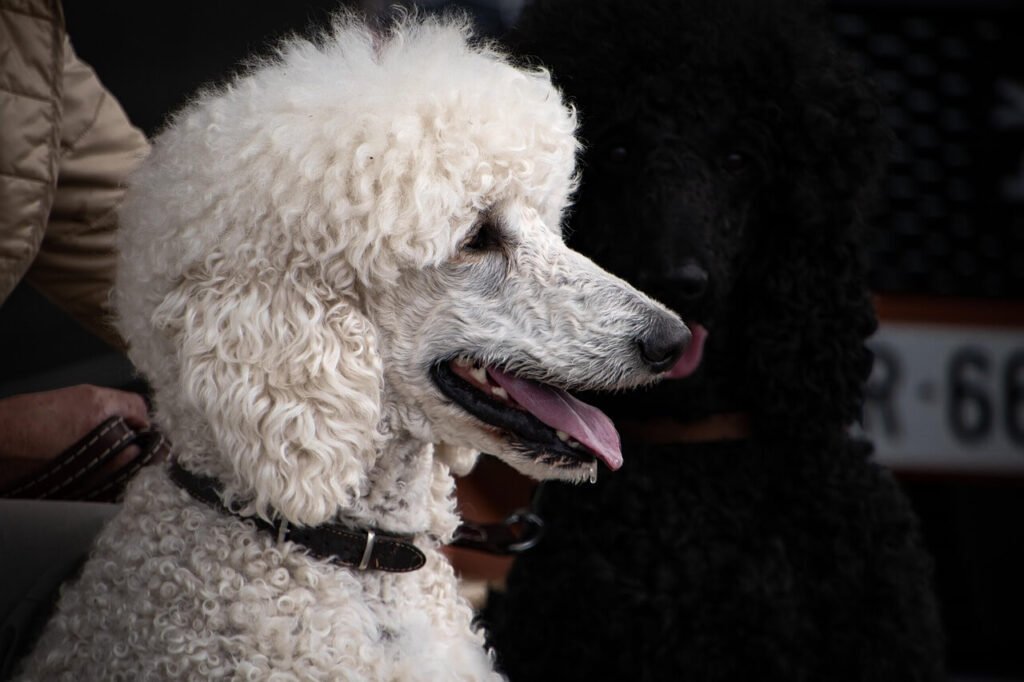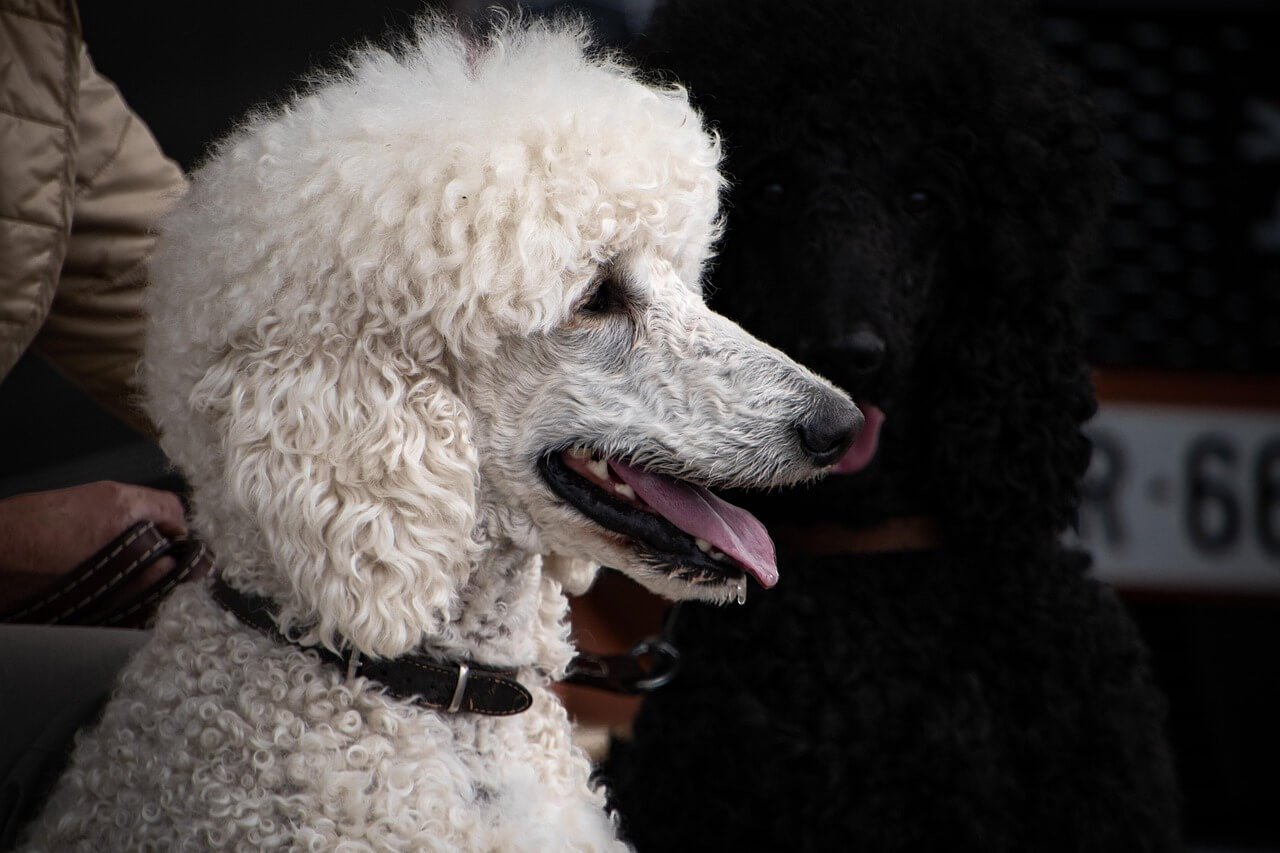What Happens If Your Dog Ate Baking Soda?
Accidents happen, and when it comes to our furry friends, curiosity often gets the better of them. One common yet concerning scenario is discovering that your dog has gotten into something they shouldn’t—like baking soda. Whether it’s spilled on the counter or left within paw’s reach, this household staple can pose risks if ingested by your four-legged companion. While baking soda is generally safe for humans, its effects on dogs are far less predictable. In this blog post, we’ll explore what you need to know if your dog ate baking soda, how to respond, and steps to prevent future incidents.
Understanding the Risks of Baking Soda Ingestion
If your dog ate baking soda, it’s essential to understand the potential risks involved. Here’s a breakdown of why this seemingly harmless ingredient might not be so harmless after all:
Baking soda can upset your dog’s stomach due to its alkaline nature.
Large quantities may lead to electrolyte imbalances in their system.
It could cause vomiting or diarrhea as their body tries to expel the substance.
In rare cases, excessive ingestion might result in more severe complications like muscle spasms.
Dogs with pre-existing health conditions may face heightened risks.
While small amounts might not always be dangerous, it’s crucial to monitor your pet closely and seek professional advice if you notice any unusual behavior. Understanding these risks helps ensure you’re prepared to act swiftly and responsibly.
Signs That Your Dog Ate Baking Soda
How do you know if your dog has consumed baking soda? Look out for these telltale signs, which can help you identify the issue early:
Excessive drooling or foaming at the mouth.
Restlessness or pacing around the house.
Vomiting or retching shortly after ingestion.
Lethargy or lack of energy compared to usual behavior.
Diarrhea or loose stools during bathroom breaks.
If you observe any combination of these symptoms, it’s wise to consult your veterinarian promptly. Early intervention can make all the difference in ensuring your dog’s safety and well-being.
Check this guide 👉When Your Dog Ate Charcoal: Best 7 Health Tips!
Check this guide 👉When Your Dog Ate Raw Chicken: Best 7 Health Tips!
Check this guide 👉What Happens if Your Dog Ate Paper Towel? Best 7 Expert Tips

Symptoms to Watch For | Steps to Take Immediately |
|---|---|
Vomiting | Remove access to the source of baking soda. |
Diarrhea | Offer fresh water but avoid forcing food. |
Lethargy | Monitor your dog closely for worsening symptoms. |
Excessive drooling | Contact your vet for guidance specific to your dog’s size and breed. |
Muscle spasms | Do not induce vomiting unless instructed by a professional. |
Immediate Actions to Take If Your Dog Ate Baking Soda
When you discover that your dog has eaten baking soda, staying calm and taking immediate action is key. Follow these steps to address the situation effectively:
Assess how much baking soda was consumed.
Check for packaging or residue to estimate the quantity ingested.
Call your veterinarian or an animal poison control hotline for advice tailored to your dog’s weight and breed.
Keep your dog hydrated by offering small sips of water.
Avoid giving medications or inducing vomiting without professional guidance.
Acting quickly and responsibly can prevent minor incidents from escalating into major health concerns. Always prioritize expert advice when dealing with potentially harmful substances.
Preventing Future Incidents
Prevention is always better than cure, especially when it comes to curious pups. Here are some practical tips to keep your dog safe from accidental ingestion of baking soda:
Store baking soda in sealed containers out of reach.
Clean up spills immediately to eliminate temptation.
Use childproof locks on cabinets where hazardous items are kept.
Train your dog to avoid countertops and other off-limits areas.
Supervise your pet closely during cooking or cleaning activities.
By implementing these strategies, you can create a safer environment for your furry friend and reduce the likelihood of repeat incidents.
Safe Alternatives to Baking Soda Around Dogs
When it comes to household cleaning or cooking, it’s important to consider pet-safe alternatives if your dog tends to investigate everything. Here are some safe substitutes you can use instead of baking soda:
Vinegar and water solution for cleaning surfaces.
Lemon juice mixed with water as a natural deodorizer.
Pet-safe enzymatic cleaners for tough stains and odors.
Cornstarch for absorbing spills or grease.
Plain yogurt as a digestive aid (in small amounts).
By opting for these alternatives, you can maintain a clean home without exposing your dog to potentially harmful substances. Always prioritize products that are non-toxic and pet-friendly.
Common Household Items That Are Dangerous to Dogs
While baking soda is one concern, many other everyday items can also pose risks to your furry friend. Being aware of these hazards can help you keep your dog safe. Here’s a list of common household dangers:
Chocolate, grapes, and raisins, which are toxic to dogs.
Cleaning products containing bleach or ammonia.
Medications such as ibuprofen or acetaminophen.
Small objects like rubber bands or coins that could be swallowed.
Certain houseplants like lilies or philodendrons.
Understanding what items to keep out of reach ensures your dog stays healthy and happy. Prevention is key when it comes to protecting your pet from accidental poisoning.
Training Tips to Prevent Curiosity-Driven Accidents
Training plays a vital role in preventing your dog from getting into trouble. Teaching them boundaries and commands can minimize the risk of accidents. Here are some training tips to consider:
Use positive reinforcement to reward good behavior.
Teach the “leave it” command to discourage unwanted chewing.
Practice crate training to create a safe space for your dog.
Provide plenty of toys to satisfy their natural curiosity.
Establish consistent routines to reduce anxiety-driven behaviors.
With patience and consistency, you can train your dog to avoid dangerous situations. A well-trained dog is not only safer but also more confident in their environment.
Frequently Asked Questions About Dogs Eating Baking Soda
Is baking soda toxic to dogs?
While not highly toxic, baking soda can still harm dogs if consumed in large amounts. Its alkaline properties can disrupt their digestive system and cause complications.
What should I do if my dog ate baking soda?
Stay calm, assess the situation, and contact your veterinarian for advice. Monitor your dog for symptoms and follow professional instructions carefully.
Can I induce vomiting if my dog ate baking soda?
No, inducing vomiting should only be done under veterinary supervision, as it may worsen certain conditions.
Are there long-term effects of baking soda ingestion?
Most dogs recover fully with proper care, but repeated exposure or large doses could lead to chronic issues like electrolyte imbalances.
How can I stop my dog from eating non-food items?
Training, supervision, and environmental management (e.g., storing hazardous items securely) are effective ways to curb this behavior.
Stay Vigilant and Prepared
Discovering that your dog ate baking soda can be alarming, but understanding the risks and knowing how to respond empowers you to handle the situation confidently. By recognizing symptoms, acting promptly, and preventing future incidents, you can protect your beloved pet from unnecessary harm. Remember, even everyday household items can pose risks to our furry companions. With vigilance and preparation, you can ensure their safety and enjoy many happy years together.
Cat Anaphylactic Shock Treatment Costs: Best 7 Expert Tips! – Learn about costs, treatments, and financial aid options to save your cat’s life.
Exocrine Pancreatic Insufficiency in Cats: Best 7 Tips! – Learn to spot symptoms, manage EPI effectively, and improve your cat’s quality of life with expert advice.
Cost of Dog Anaphylactic Shock Treatment: Best 7 Tips! – Learn about emergency costs, financial planning, and ways to manage expenses for your dog’s care.
Exocrine Pancreatic Insufficiency in Dogs: Best 7 Tips! – Learn to spot symptoms, manage EPI effectively, and improve your dog’s quality of life with expert guidance.





